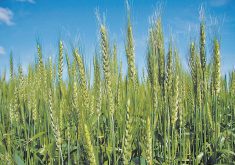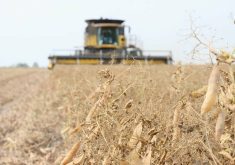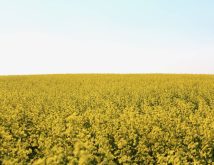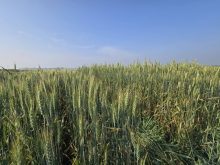Dry bean growers have limited options when it comes to variety selection.
“With dry beans, it’s a little different than other crops,” said Dennis Lange, provincial pulse and soybean specialist with Manitoba Agriculture. “For example, in soybeans, we typically rotate varieties based on popularity, and there’s a lot of different companies involved in it, and you’ll see more of a turnover in soybeans.”
Why it matters: Regional trials can provide farmers with useful information to aid in variety selection.
Read Also
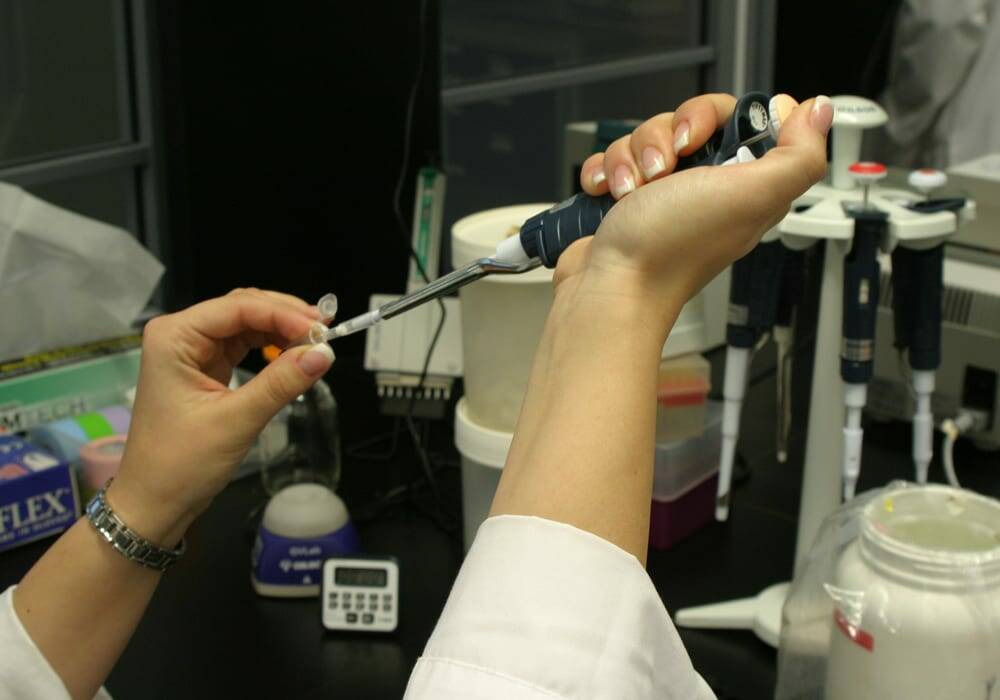
Ship’s turning for gene-edited crops
More and more countries have decided that gene-edited crops will be treated the same as conventional plant breeding.
With just over 1.2 million acres planted this year, soybeans are one of Manitoba’s most common crops. The depth of that customer pool adds incentive for companies to invest in variety development better suited for the province.
Dry beans are a different matter. A relatively minor crop in Manitoba, most varieties are developed with other regions in mind. There are fewer localized genetics, and growers tend to stick with the few varieties proven to work in local conditions.
Manitoba navy bean growers, for example, have had the same go-to variety, Hyland Seeds’ T9905, for over a decade. That variety was first registered in Canada 20 years ago.
“Because of its upright nature, growers kind of like it because if they want to straight cut, those pods are higher off the ground and it’s a plant that cleans up,” said Lange.
Trials
Manitoba Pulse and Soybean Growers run regional dry bean variety trials every year to provide independent, local performance and agronomic data for farmers. This year, plots went in at Winkler, Morden, Carmen and Portage la Prairie.
“We are looking at things like pod heights, lodging, disease tolerance and, of course, we’re always looking for yield,” said Lange.
The 2024 wide-row trials were divided between small-seeded (black and navy beans), medium-seeded (pinto and yellow beans) and large-seeded (kidney and great northern beans). Test plots are compared against a check variety.
Navy beans were compared against a check of the aforementioned T9905. One variety, AAC Shock marketed through Gen Tech in the U.S., yielded only 94 per cent of T9905 at its site in Morden, but matured about two days earlier.
“The ideal would be something that would be equal to the check or greater yield and earlier maturity,” said Lange. “Most of the varieties we use are medium- to longer-season checks.”
He cautioned against relying on results from only one site. Long-term data across multiple sites is a better measure of performance.
“If a variety performs equally as well as the check at all the different sites, that’s something to look at. That tells me that that variety will perform equally well under a variety of different growing conditions.”
Regional variety trials also test experimental lines that are still making their way through registration.
Lange pointed to one black bean variety from ADM. Compared to North Dakota-tailored Eclipse, “it’s showing up about 101 per cent of the check in yield trials and, maturity wise, it’s about a day earlier. And pod height, it’s about 98 per cent,” said Lange.
Manitoba regional bean trials are potentially key to getting U.S. varieties registered in Canada, he noted. After testing their mettle in regional trials, varieties would spend two years in co-op trials. Accumulated data then forms the basis of the variety’s submission to the Prairie Grain Development Committee, which decides whether to recommend it for registration.
Good regional data gives a variety good footing going into the co-op trials, Lange said.
“If we see a variety in a trial that looks really good, we want to make sure it gets registered.”




